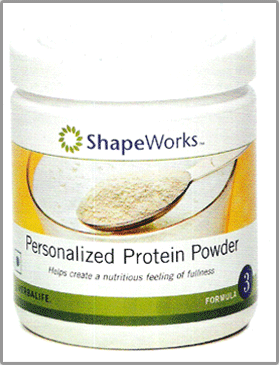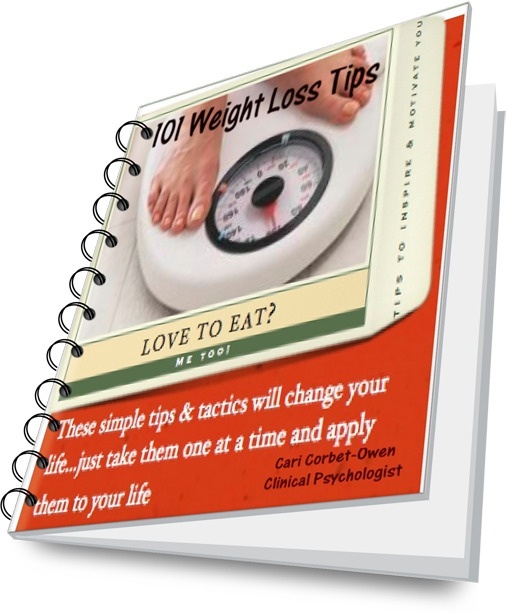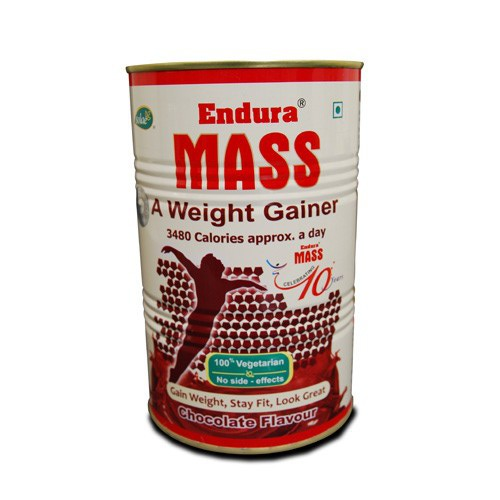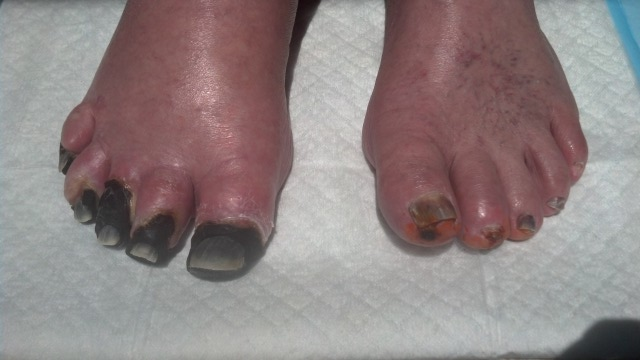Teenage Nutrition
Question
Hello, I am a student at Tottenville High School who was assigned a Quality of Life project. I am trying to teach teenagers how to eat healthier, would you be able to answer a few questions for me? They will help me help the future of our world with their nutritious foundations.
1) How much control do we have over our body weight?
2) How much of our weight is controlled by our genes?
3) What is the best diet for losing weight?
4) Is exercise necessary?
5) Does milk help lose weight?
6) Are any fruits and vegetables bad for weight gain?
7) What will a diet do that will make it unsafe?
8) Why do you think teenagers are unaware of how bad their nutrition is?
9) What made you decide that you want to become a nutritionist?
10) Did you have prior experience?
11) What is your salary?
12) What do you enjoy about being a nutritionist?
13) What exactly do you do?
14) What are problems you see the most?
15) How much fat should one consume?
16) How should you take vitamin supplements?
17) How much exercise should you get in a week?
18) Is it unhealthy to just consume fruits and vegetables?
19) How many carbohydrates should one consume?
20) How much protein should one consume?
21) How much water does one need?
22) Can too much water be consumed?
23) What effects does sugar have on your body?
24) How does salt effect your body?
25) What dieting habits can actually harm the body?
26) What are some dieting myths?
27) Does sugar have any positive effects on the body?
28) Apples are high in natural sugar, is that a problem?
A lot of questions, but all relevant and important in the world of young people抯 nutrition education. Or any age for that matter !!
1) How much control do we have over our body weight?
A: Generally we have a great deal of control. There are a few genetic dispositions that make it extremely difficult (glandular conditions and some severe psychological situations).
2) How much of our weight is controlled by our genes?
A: again as in the above the answer.
3) What is the best diet for losing weight?
A: The question is in itself incorrect. Weight is the entire body抯 composition, water, bone, tissue etc... We need to lose FAT to reduce health risks. So to do this, we consume low fat foods like fish, chicken, port, turkey and lean beef.
4) Is exercise necessary?
A: exercise is very necessary for the enjoyment of a good physical life and also the functioning of an efficient body. This helps us live a productive physical and cerebral lifestyle. Exercise can also reduce the onslaught of physical illness, or indeed completely stop it happening.
5) Does milk help lose weight?
A; What kind of milk, only low fat milk can really help. But in conjunction with a complete low fat diet. If a person consumes a huge amount of fat a day, no amount of skimmed milk will help. Milk generally contains vitamins amnd some protein.
6) Are any fruits and vegetables bad for weight gain?
A: Most fruits have simple sugars like glucose and fructose. In moderation fruits also other qualities, such as fiber, vitamins, hydration and carbohydrates and out weigh the sugars.
7) What will a diet do that will make it unsafe?
A: A diet can be unsafe if it does not supply adequate nutrition. For instance FAT is required as there are 4 fat soluble vitamins, A, D, K, E required by the body.
8) Why do you think teenagers are unaware of how bad their nutrition is?
A: They are unaware of their mortality, or don't care as they consider themselves so young and indestructible. Hense the increased alcohol consumption and smoking/ You would have thought by now that all the advertising about detrimental health benefits would have scared peole from smoking at all !!
9) What made you decide that you want to become a nutritionist?
A: I was a fat asthmatic un fit kid at 12. So I took up swimming and became an Olympic athlete. I spent a lot of time on my diet as I have several nutritionists?help me for competitions. I just became aware of what nutrition can do to a person for performance and for general fitness. It is a science and we are all just machines generally. So with the right type of diet modifications, we can drastically change our size and our ability to perform outstanding feats of human endurance.
10) Did you have prior experience?
A: See answer 9
11) What is your salary?
A: $150,000 - because I run my own business.
12) What do you enjoy about being a nutritionist?
A: Educating other people, and providing results for people who really and sometimes desperately want to change and enjoy their life more.
13) What exactly do you do?
A: Advise, guide, counsel people on all types of nutrition concerns and problems.
14) What are problems you see the most?
A: Incorrect diet, eating too much of the wrong foods. And a lot of this is due to psychological problems. I truely belive nutrtionists need to have a psychology diploma as well.
15) How much fat should one consume?
A:10- 15 % of the total daily diet.
16) How should you take vitamin supplements?
A: If you have a good balanced diet, you don't need vitamin supplements. But if there is a physiological deficiency then those missing nutrients should be replaced.
17) How much exercise should you get in a week?
A: 30 mins of aerobics 3-4 times a week, and 30 mins of weight training 3 times a week.
18) Is it unhealthy to just consume fruits and vegetables?
A: Yes as you will not get any protein.
19) How many carbohydrates should one consume?
A: A daily diet should contain 60% protein, 30% carbohydrates (complex carbs like maltodextrin)
20) How much protein should one consume?
A: See 19 answer.
21) How much water does one need?
A: About 2 liters a day, depending on activity type.
22) Can too much water be consumed?
A: Yes, you can literally drown from too much water. There is a condition known as hyponatremia, or water intoxication. This condition occurs when the balance between salt and water levels get out of balance. You can get swelling of the brain and leakage of fluids into the lungs. It normally occurs when athletes sweat heavily and lose both salt and water but only replace the water.
23) What effects does sugar have on your body?
If you consume more than you need you will gain weight. Weight gain increases your risk of getting heart disease, diabetes, high blood pressure or even some types of cancer. But if you are underweight, sugar can add extra calories so that you can gain weight. If your body doesn't make enough insulin (diabetes) the sugar consumed increases the sugar in your blood to unhealthy levels.
The body breaks down sugar into the simple sugar that is found in your blood (glucose).
24) How does salt affect your body?
Sodium is in your blood naturally. Additional salt is absorbed into your blood stream it makes your blood saltier than it should be. When the salt runs through your body and comes into contact with your cells, the salt in your blood makes the fluid on the outer part of your body's cells saltier then the cells that are meant to be. A reaction in the cells pulls water out of the cells for protection. The cells in turn try to hold on to the water and then tell the brain of the change in quality of the water around them due to extra salt. When the brain notices that there is too much salt it decides to invoke the thirst response. Also the body removes the extra salt by slowing down the production of urine and retaining more water.
25) What dieting habits can actually harm the body?
A: Too much too quickly. Dehydration, some people by reducing water they lose weight. They do lose weight, but only water, which can be fatal. Some people believe that reducing calories/nutrition will help lose with without exercise, but the body believes it is attempting a hibernation/coma, and therefore shuts down the metabolism. This will cause sluggishness. Also this will cause atrophy of muscles, the most important muscle being the heart. The last thing you want is your heart reducing in power/size. This is where exercise comes into a good fat reduction r4egimine. The heart and all the muscles will actually get stronger, and therefore work with less stress during the daily activities.
26) What are some dieting myths?
27) Does sugar have any positive effects on the body?
A; produces energy in the correct doses.
28) Apples are high in natural sugar, is that a problem?
A: Not if they are taken in moderation. Moderation is he key to most diets. In fact a DIET is not the way to look at the entire process. You should be looking to modify and correct your food consumption and lifestyle
Related Articles
-
Rugby union diet.
QuestionHi Phil. I have a query I hope u would be able to help m
-
Eating all the time
QuestionWell im 16 years old i eat all the time i get depressed o
-
Diet for Weight Gain
QuestionI am trying to put together a diet that will allow me to
-
dieting issues
QuestionHello, thank you for doing what you do.. Im a 22 year old
-
Fasting for a day
QuestionI would like to know if this is a good or a bad thing, si
-
Dieting, exercising, but gaining weight
Questioni have been dieting(1000-1500cal) and exercising(30-60min




